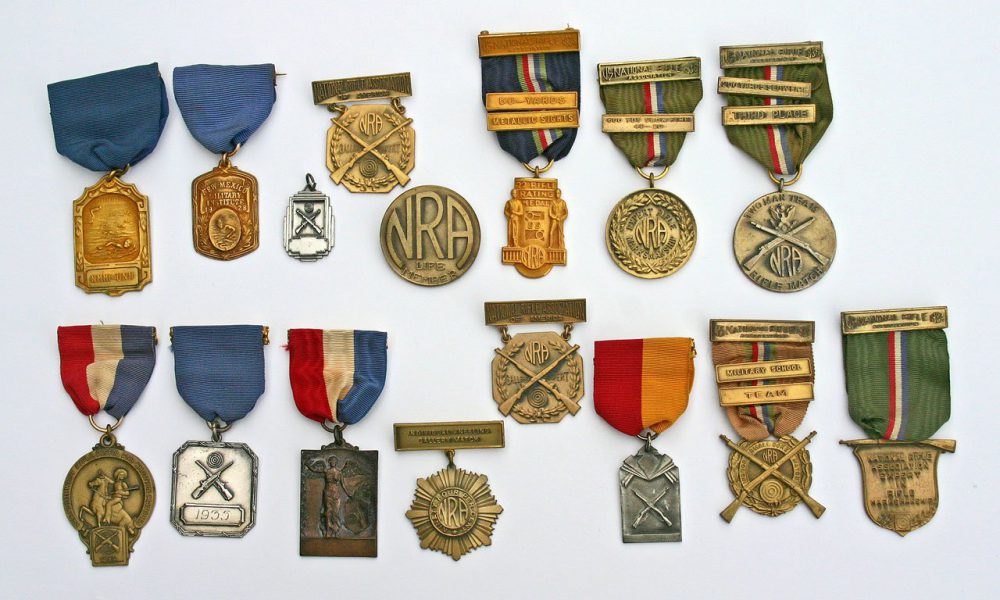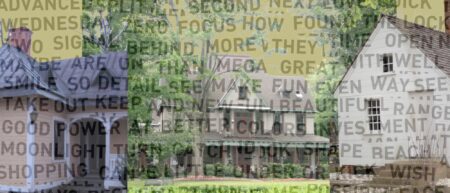So, you want to attend a gun show, but you’ve never actually been around a gun before. I get it—I’ve been there—you’re a well-meaning peacenik who wants to understand the fascination with guns, and you’re willing to do the work of showing up and not just reading other peoples’ fieldwork. Before you make another move, read Greg Bottoms’ seminal flash essay “Sam at the Gun Show” to get a basic framework for what you’ll probably see and who you’ll probably encounter.
Next, locate your gun show. You’ll want to gather the names of the counties surrounding yours before you head to http://www.gunshows-usa.com/, a wildly graphic-loaded website with gun accoutrements and self-defense ads girdling the top page. Just click on the state where you live and, if you’re lucky, along the right side of the page, you’ll find the hyperlinked names of gun clubs.
They’re the ones you want.
You don’t want some National Craft Show version of a gun show. You want the real thing, manned by local gun enthusiasts who called up their friends running those window-barred stores in the strip malls and told them to come on down Saturday morning and set up their wares neck-and-neck with their buddies’, comparing their options like penis sizes.
The sellers will invariably be male. I’m just telling you.
But, I’m getting ahead of myself. You’ve located your gun show in your sights, you’ve cleared the morning on your calendar, and you’re prepping yourself to attend. The time has come to ask yourself: what are my goals?
Are you trying to catch sellers breaking the law? Inform yourself of the gun laws in your state. The website is run by the NRA, but you know that if the NRA wants one thing, it’s to confirm their Second Amendment rights in exquisite detail. It’s accurate. You might be astounded that the only restrictions on purchasing guns at a gun show concern handguns. It’s accurate.
Are you trying to avoid being shot? Yeah, me too. All guns at gun shows are supposed to be unloaded, just like all gun owners are supposed to be responsible. “Mistakes happen.”
Are you trying to learn about guns or about the people who own guns? Google-Image-Search “types of guns” so you know the difference between a pistol and a handgun (there is not a difference but anyway) so that you are remotely informed, but DO. NOT. LET ON once you’ve verbally finagled someone at the gun show into a conversation (this may be more difficult than you think). LET. THEM. TALK. Let them talk. Ask a vaguely informed question and listen, listen, listen because you are not there to push your agenda; you are there to understand theirs.
Are you a woman? You may want to enlist a male companion to attend with you because, in my experience, men will not talk to you unless a man is standing beside you, exhibiting ownership. Groan (I did), but understand it will give you a better opportunity to observe everything: the gender dynamics, the peacocking, the subtle conveyance of knowledge and the authoritarian sense of power.
Your experience may seem surreal. You might be in a building at the county fairgrounds—maybe you went there as a kid to look at the Charlotte’s Web pigs or to ogle your grandma’s prize-winning banana cream pie—a building that now has folding tables filled with firearms. It will be disarming, in an ironic twist. The guns will look pretend. You might have watched enough movies, enough cartoons, handled water guns that look like Uzis, that the guns will not shock you.
But they are real.
You will see so many things on the tables, hung on the walls, propaganda and accessories and self-defense items that your friends back home won’t believe exist, but you can’t take pictures. If you think you’re going to write in your notebook, think again. There is a paranoia in the room that someone—and no one’s sure who—is there to take something away or use something against them. Use your cell phone; that’s why you have a “notes” feature. Everyone will assume you are texting.
There are many things everyone will assume.
If you haven’t seen Proximity‘s latest issue, themed GUNS, begin with Stacy Muszynski’s Letter from the Editor and work your way through a complex collection of true stories. This issue’s contributors include: Susanne Sener, Priscilla Nemeth, K.N. Johnson, Nina Gaby, Melinda J. Combs, Jessica Server, Daniella Lang, Terrell Fox, and Travis Klempan.
 KRISTINE LANGLEY MAHLER has essays published or forthcoming in Sweet, Tahoma Literary Review, Rock & Sling, and the Brevity blog, among other journals. Her work was awarded the 2016 Rafael Torch Literary Nonfiction Award from Crab Orchard Review, and she is currently working on a grant-funded project about her Quebecois great-great-grandfather and immigration/inhabitation on native land. Kristine is an Associate Nonfiction Editor at Pithead Chapel and a graduate student at the University of Nebraska-Omaha.
KRISTINE LANGLEY MAHLER has essays published or forthcoming in Sweet, Tahoma Literary Review, Rock & Sling, and the Brevity blog, among other journals. Her work was awarded the 2016 Rafael Torch Literary Nonfiction Award from Crab Orchard Review, and she is currently working on a grant-funded project about her Quebecois great-great-grandfather and immigration/inhabitation on native land. Kristine is an Associate Nonfiction Editor at Pithead Chapel and a graduate student at the University of Nebraska-Omaha.



